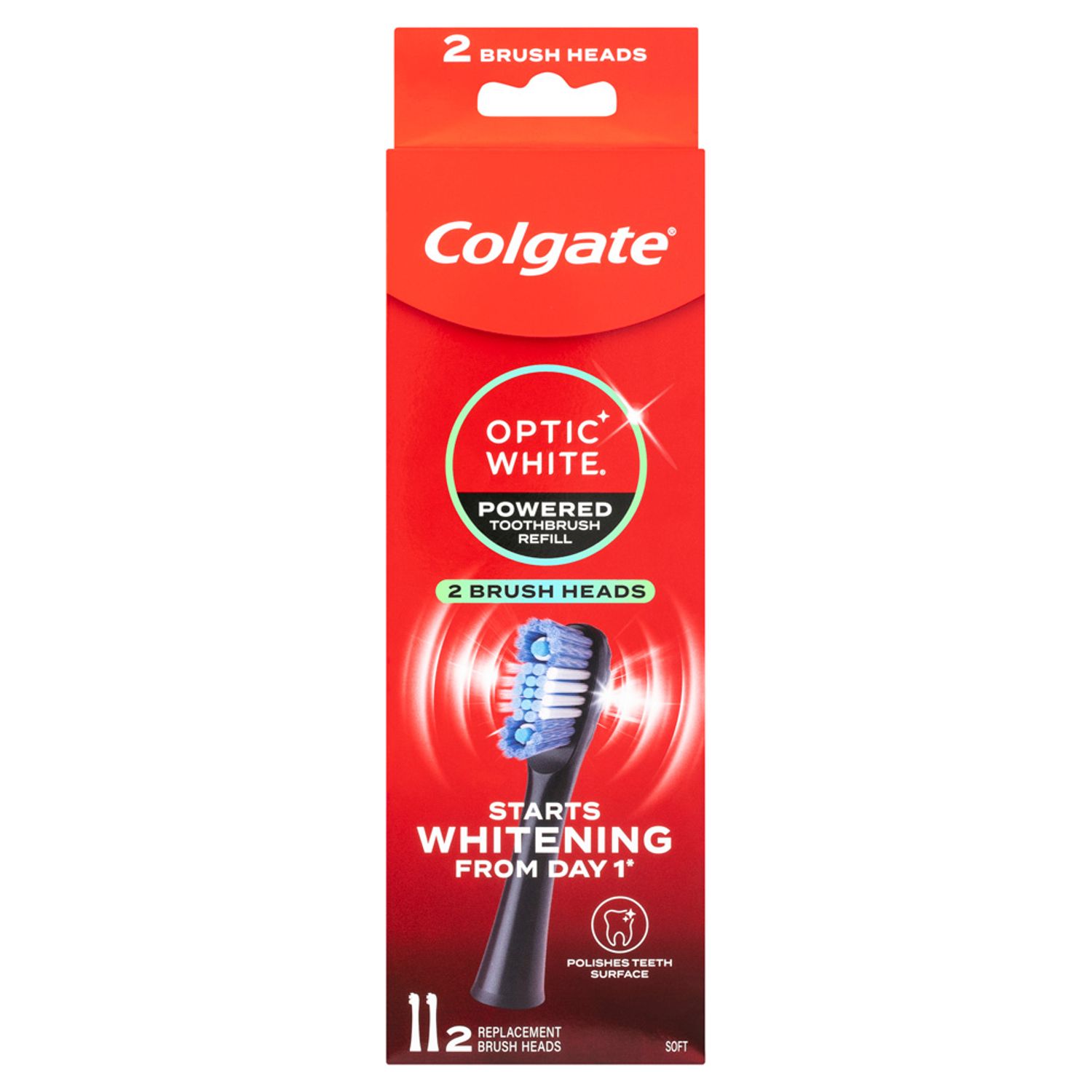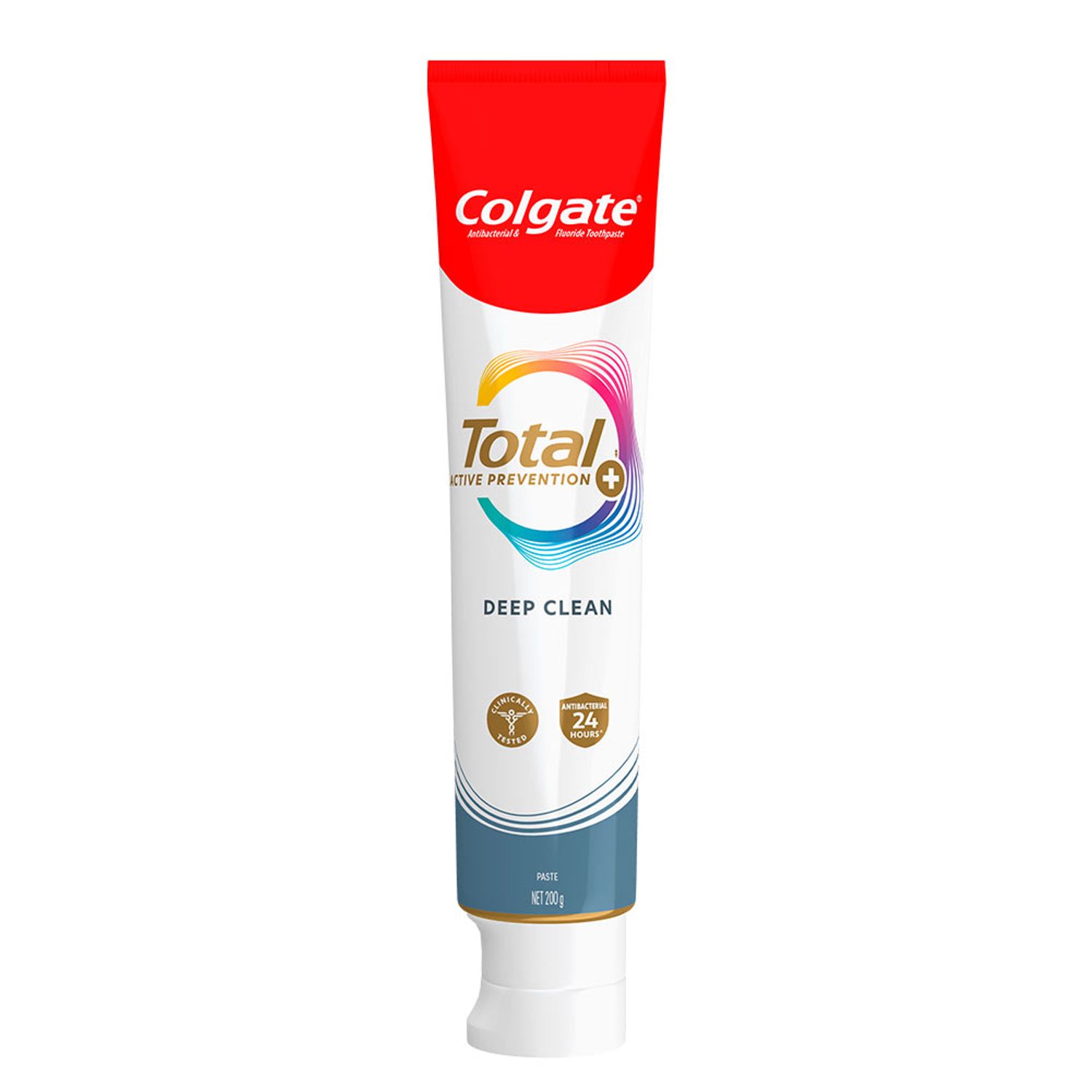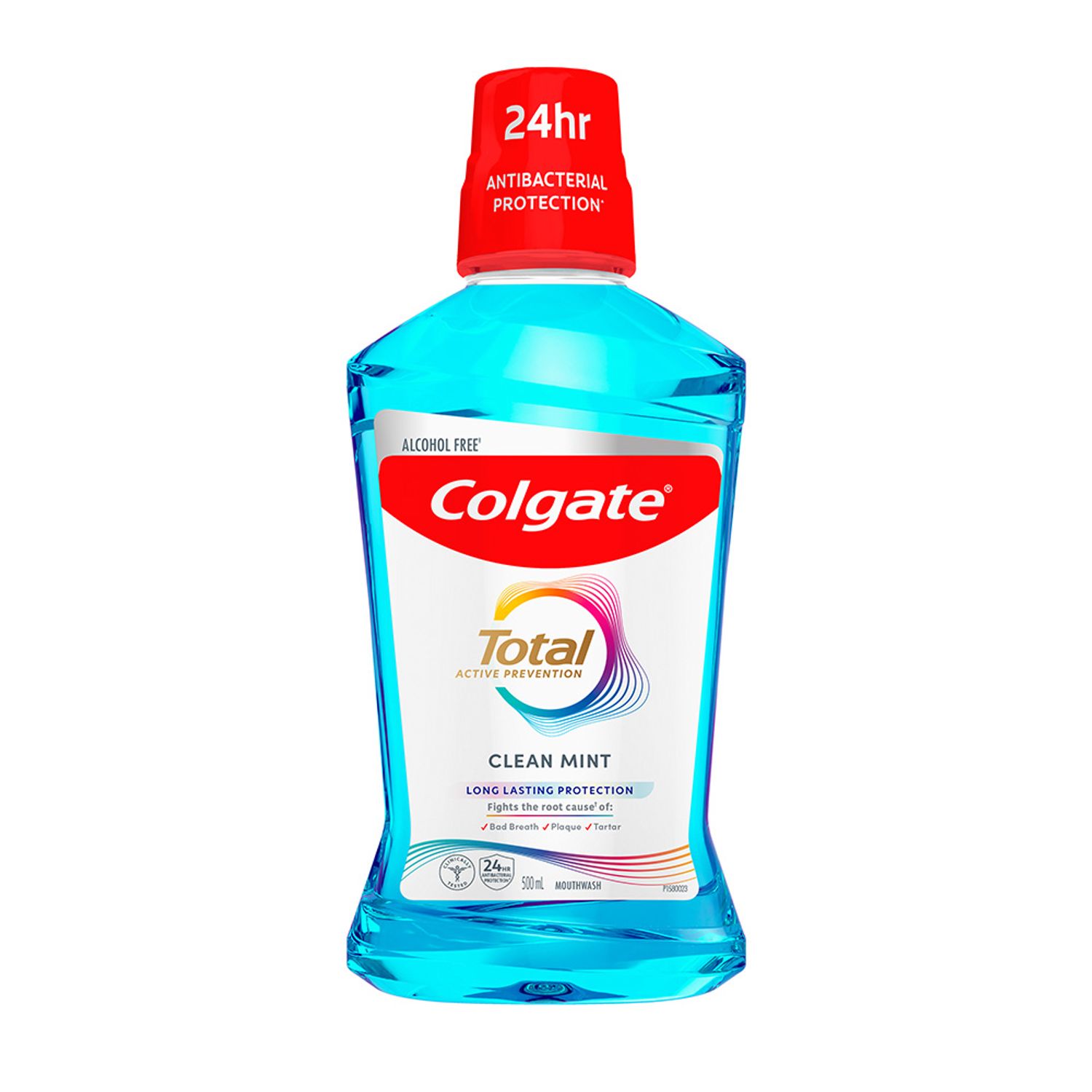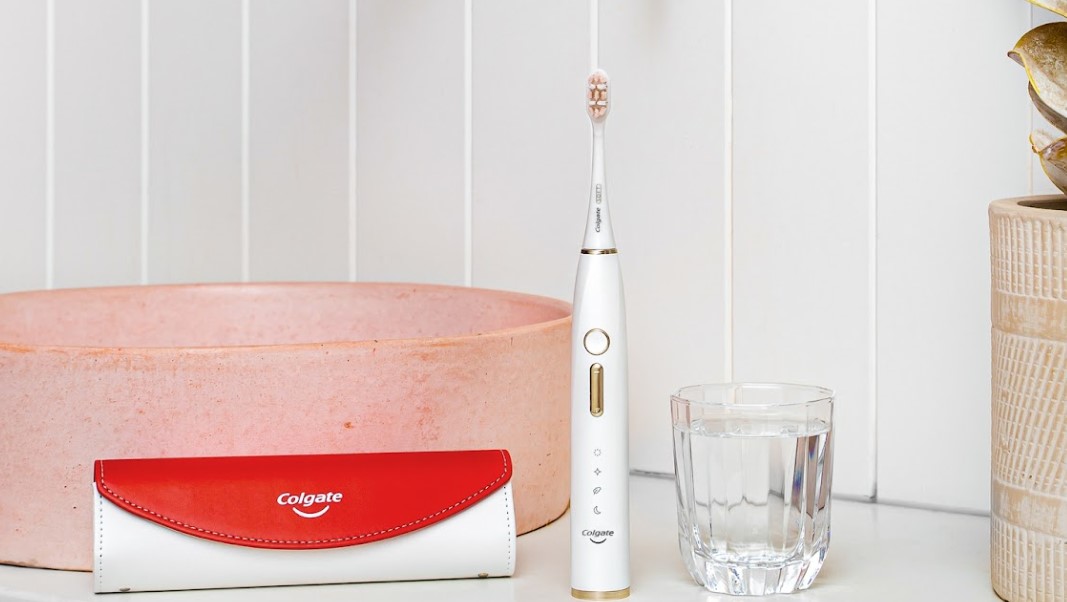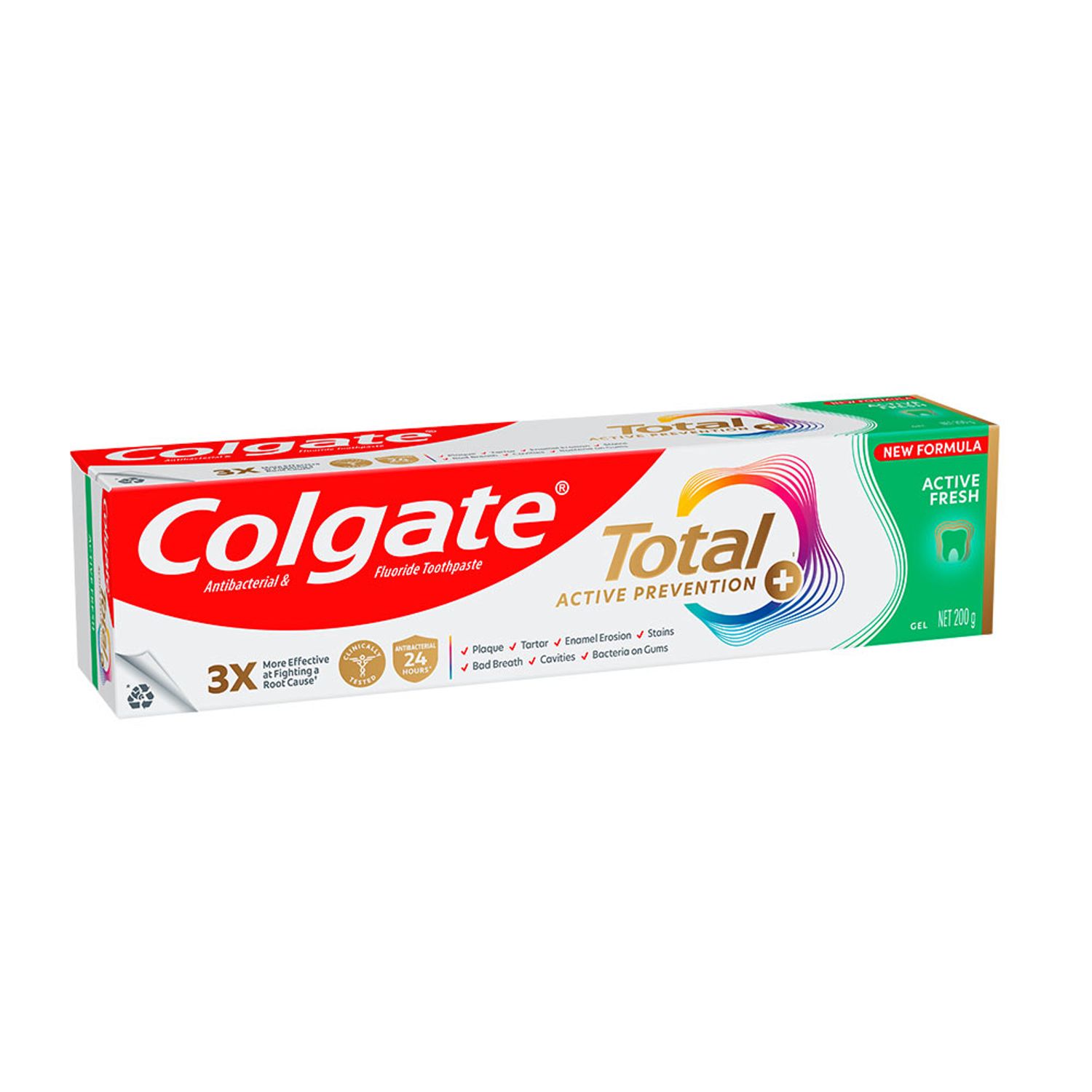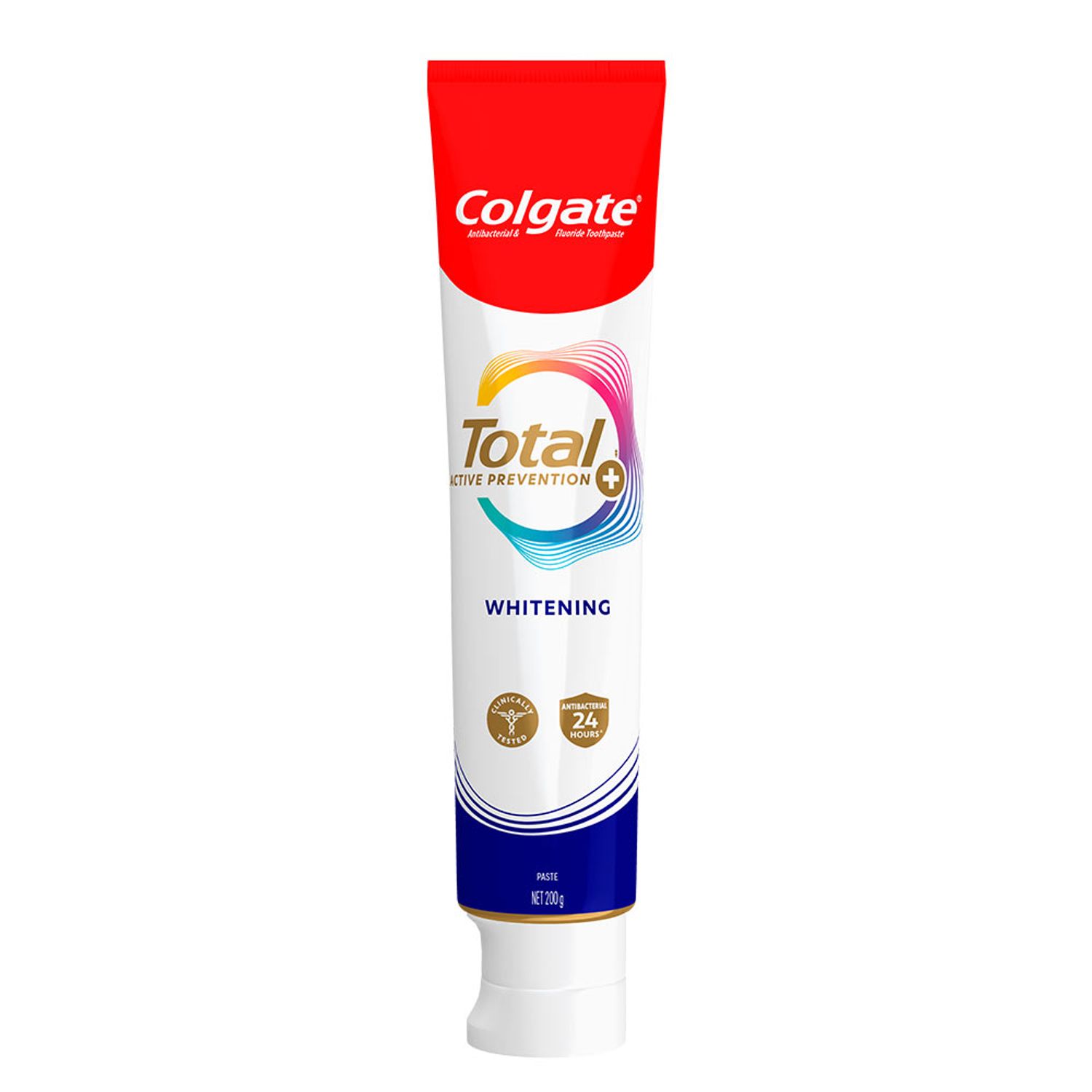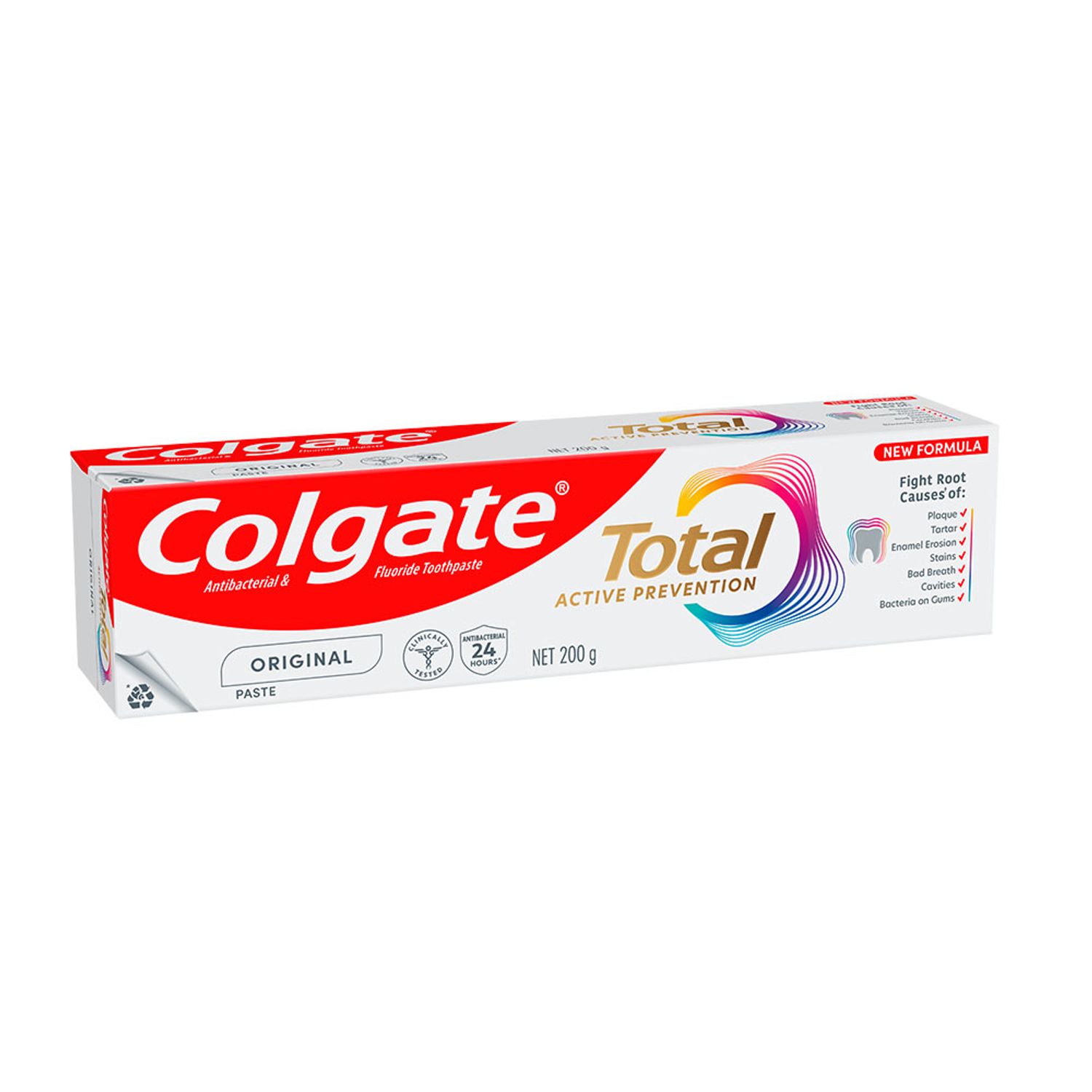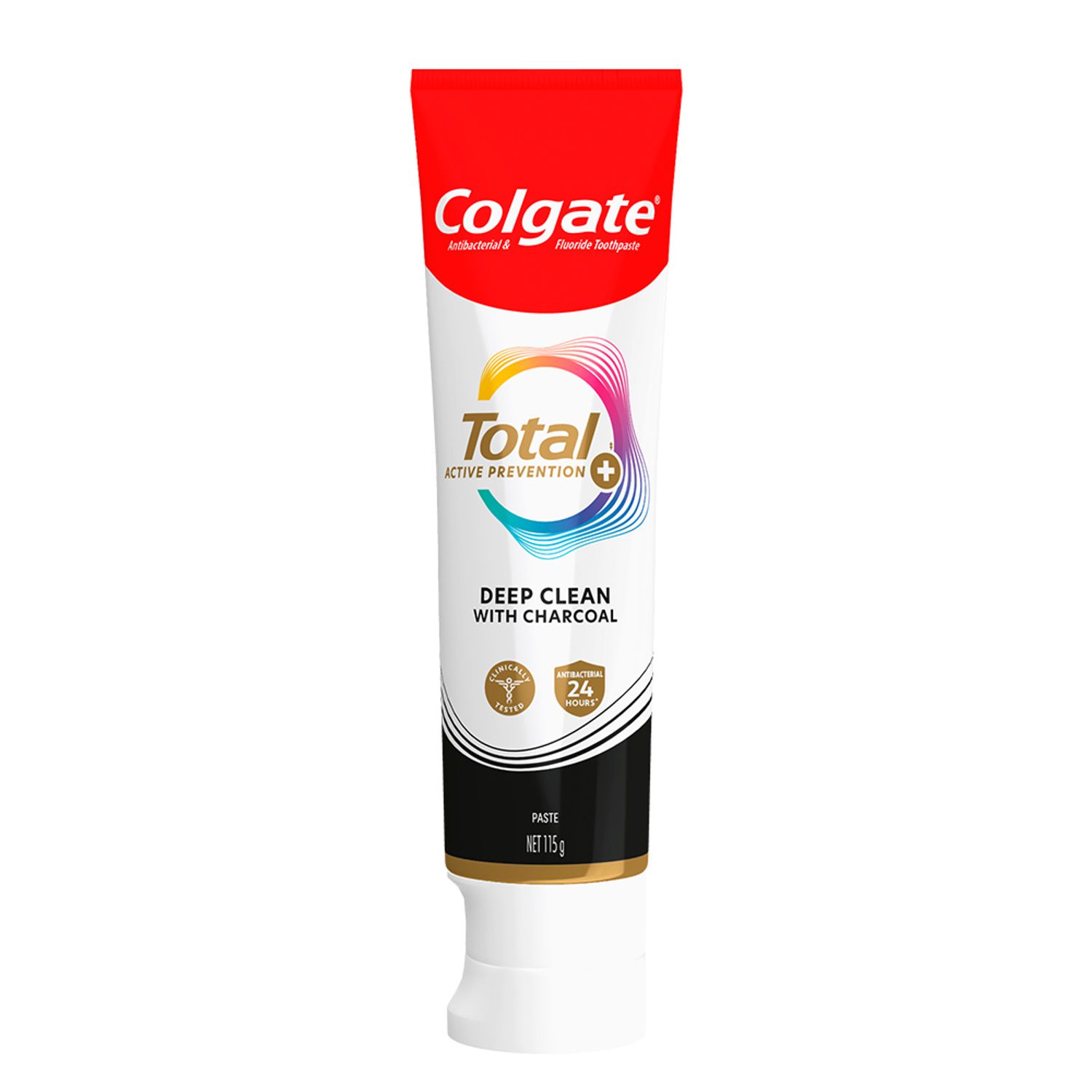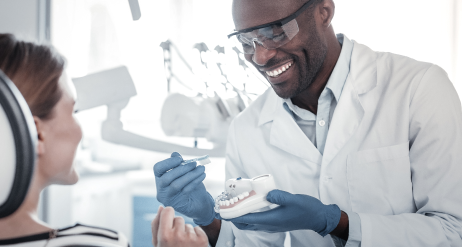Phobia vs. anxiety Lots of people feel nervous or apprehensive before a dental appointment.
However, for some people, this nervousness can turn into anxiety or even a serious phobia. Those with anxiety might start to feel distressed in the run-up to the appointment, and they might find their heart racing and their stomach turning as they wait for their appointment. For those with a dental phobia, their fear may be so intense that even the thought of going to the dentist can send them into a severe panic. Anxiety and phobia can lead people to avoid visiting the dentist, even when they really need treatment, and some end up with serious oral health problems as a result.
Causes of dental fear
Dental anxiety or phobia is commonly caused by a painful or unpleasant dental experience in the past, especially if it happened when you were young. It can also come from the fear of the unknown; if you've rarely visited a dentist before, or you're not sure what will happen on your next visit, you may be nervous about what to expect. Some people develop phobias because they've heard about negative dental experiences from other people, like parents or siblings, or they've seen frightening stories in TV shows, movies and other media.
Facing the fear
If you haven't been to a dentist for a while because of fear, your teeth and gums may be paying the price. The good news is dental professionals today understand these fears and do everything they can to make dental appointments more comfortable for their patients. For example, dental clinics now provide friendlier environments than in the past, with cosy waiting rooms, soothing music, and staff trained to put you at ease. They completely understand dental fear and want to help, so don't be embarrassed to discuss your anxiety or phobia with your dental professional. Together, you can customise solutions to reduce your stress level during future treatments.
They may ease you into dental treatment by scheduling simple procedures like exams or cleaning before starting more complicated procedures. They may even suggest some form of dental anaesthesia or sedation to eliminate pain and anxiety during the treatment. Dental professionals often use distractions, like music, TVs or even virtual reality glasses, to calm you down and divert your attention from the procedure. Of course, nervous patients should consider using their own relaxation techniques as well.
Tips for easing dental fears
- Ask friends and family. If you don’t already have a dental professional, ask people you trust for a recommendation. Word-of-mouth is a great way to find a good provider.
- Look for a anxiety-friendly dental clinic. Some dental clinics specialise in treating anxious patients or those with phobias. Visit their website and social media pages to learn about their approach, or see if you can schedule a visit to familiarise yourself with the practice and the staff. Talk about your feelings.
- Once you have chosen a dental clinic, make sure you communicate with the staff about your fears so that they can help you. You're not the first anxious patient they've met, so don't be shy! Ask questions. Ask your dental team to inform you about the type of dental treatment they recommend based upon your unique oral health needs. Once a treatment plan has been developed, ask them to explain the procedures in detail.
- Knowing what to expect before it happens can help put your mind at ease. Try to relax. If you are nervous before a dental visit, try to practice some relaxation techniques like meditation or deep breathing exercises. It might also be helpful to talk to the team about any strategies they can recommend to help you manage.
- They will be happy to share any advice they have to make your visit less stressful. See a professional.
If your dental anxiety or phobia is severe, it may be wise to seek professional help from a licensed therapist or counsellor who can help you to develop coping strategies.
Overcoming fear with prevention
If you avoid the dentist because of your fear, there is a risk that any dental problems you have may go undetected or untreated, and you may need more complex treatment further down the line. This can have the unfortunate effect of making your experience more distressing, which will only worsen your fear. Home oral care can help to prevent this, so be sure to brush your teeth thoroughly twice a day with fluoride toothpaste, floss at least once daily, and limit sugary snacks between your main courses.
Better oral hygiene will mean more comfortable dental visits, so practice those home care tips and discuss ways to ease your stress with your dental professional. As you work together to make your visits more relaxed, it won't take long for your fears to become weaker and your smile healthier!
This article is intended to promote understanding of and knowledge about general oral health topics. It is not intended to be a substitute for professional advice, diagnosis or treatment. Always seek the advice of your dentist or other qualified healthcare provider with any questions you may have regarding a medical condition or treatment.
